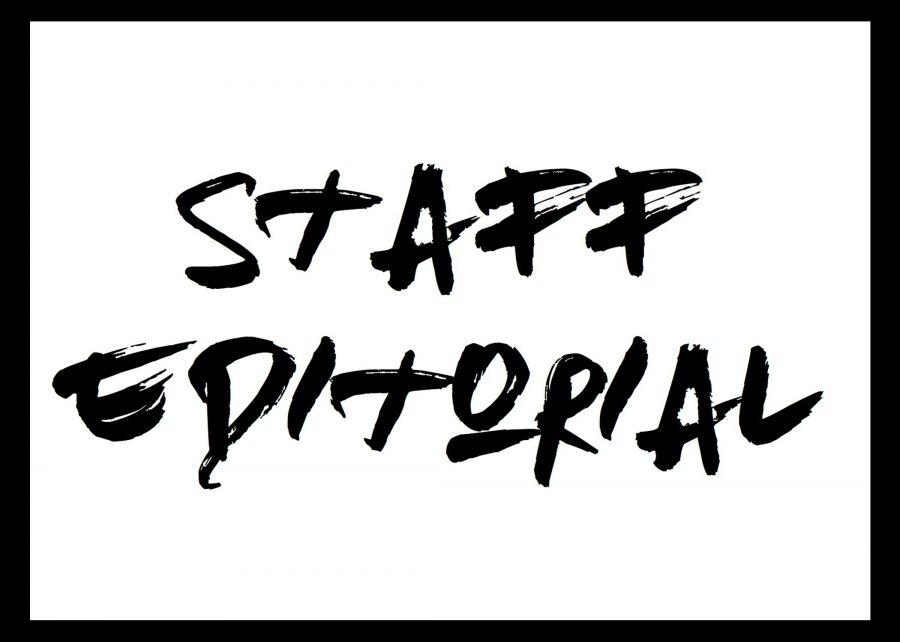Following an announcement that the Freedom Project had accepted a large donation from the Charles Koch foundation, the Wellesley student community voiced aggravation and dissatisfaction with the College’s decision to permit this transfer of funds. While the money was exchanged with the stipulation that “the Freedom Project have absolute academic freedom and autonomy” according to Professor Thomas Cushman, we at The Wellesley News are disappointed that such information was not publicly disclosed to the student body. The reaction to this news is indicative of a larger issue: students are not made aware of how campus events are financed.
This sentiment is not exclusive to the Freedom Project. A number of official organizations on campus such as the Suzy Newhouse Center for the Humanities or the Madeleine Korbel Albright Institute for Global Affairs do not display benefactors on their websites beyond those who gave the respective organizations or individual fellowships their names. Even the grants that fund renovations are not disclosed. We certainly do not mean to imply that any on-campus institution is receiving suspicious donations, especially since all gifts must be approved by upper administration first. However, we do wish to express that the community as a whole would benefit from knowing how our programs are funded.
Understanding how our programs are financed is an opportunity for us to reflect on the potential biases that might inform certain event choices. While most money is gifted to the college without strings attached, it is important that students be aware of such conditions, especially in the event that money is granted with specifications. Knowledge of donation sources would foster thoughtful, campuswide communication. For instance, students have criticized the College’s renovations to the new dorms and continued neglect of older buildings without realizing that the funding for this project was gifted conditionally. Transparency would have encouraged a more thoughtful dialogue surrounding housing reform.
Furthermore, if money is granted with stipulations, there is a possibility that certain speakers brought to campus may reflect the biases of the donors. While it is unclear whether this is the case, public disclosure would dispel misunderstandings and speculation among students. Accusations regarding connections between funding and guests have long been made, but simple directives from the College would keep us better informed and prevent rumors from floating around. As students, we should be aware of the benefactors who fund our institution, and we should consider them in ongoing dialogues. We do not mean to argue that students should not attend events based on their funding, but it should be a choice we can all make based on the information given to us. At the very least, we should be able to know if the speakers brought to campus reflect a particular set of values, in order to promote engaging discourse regarding the free exchange of ideas.
We also recognize that donors have a right to maintain their anonymity, and we do not wish to infringe upon that. The College, even if funding sources were to be made public, should respect the privacy of individuals who do not wish to be recognized. Nevertheless, transparency surrounding the process by which money enters different programs would be beneficial. While we have a rudimentary understanding that President Johnson must approve gifts before they are transferred, it would be valuable to know what decisions are made during those discussions. A simple publication of some of the questions that might arise would be advantageous for students.
The Wellesley community and its ongoing dialogues would benefit from information regarding gifts made to the college. Knowledge of who or what organizations support our programs is crucial for productive and engaging conversations, as well as student involvement and understanding.





